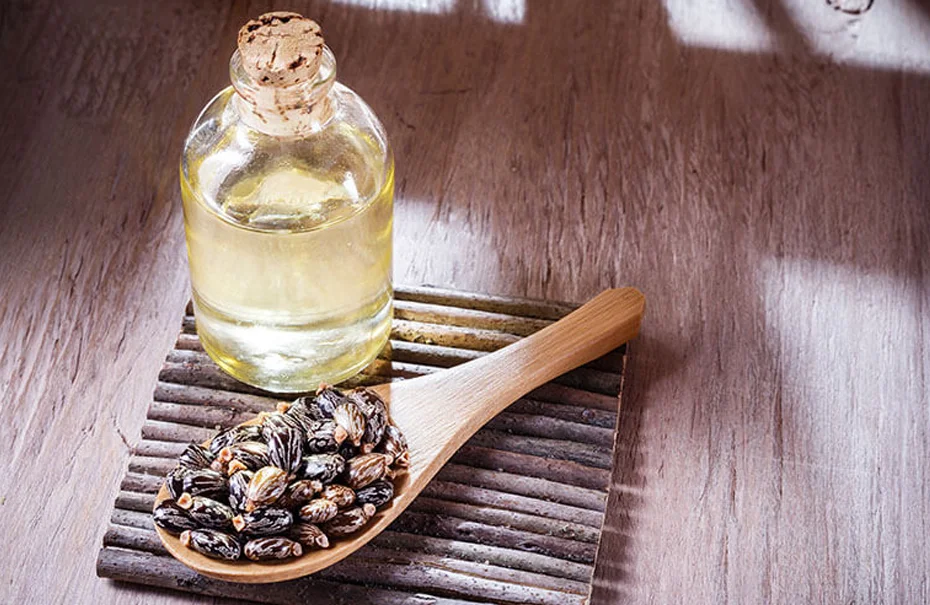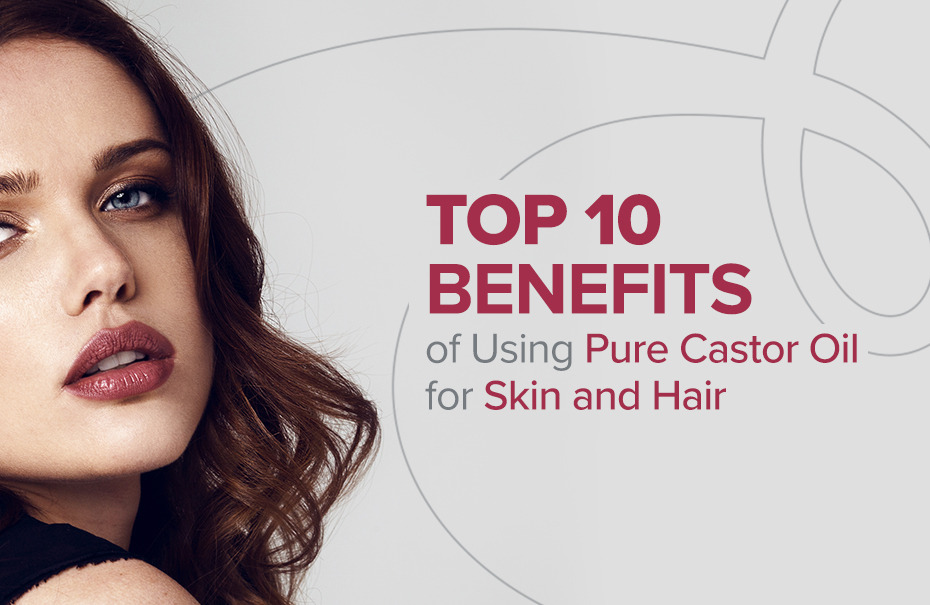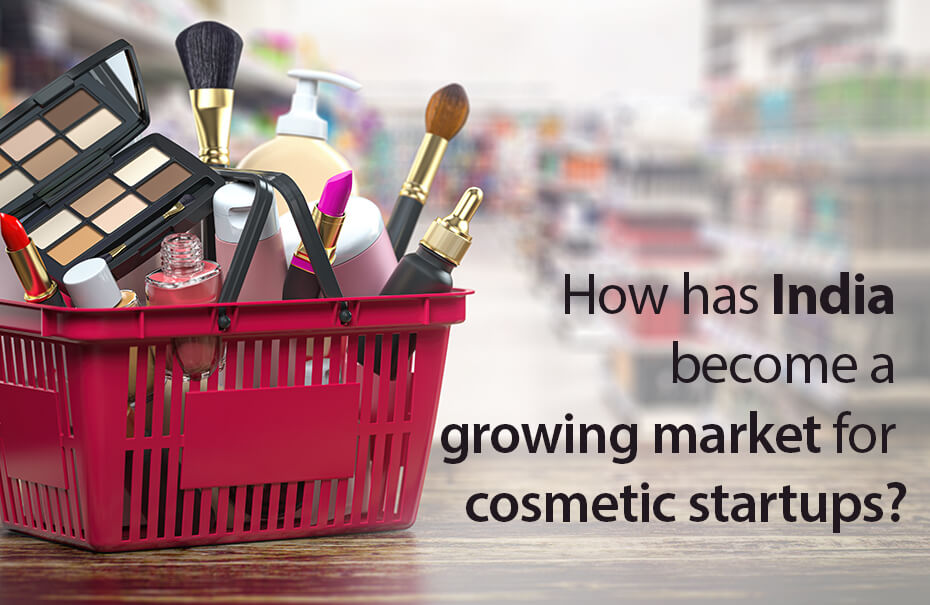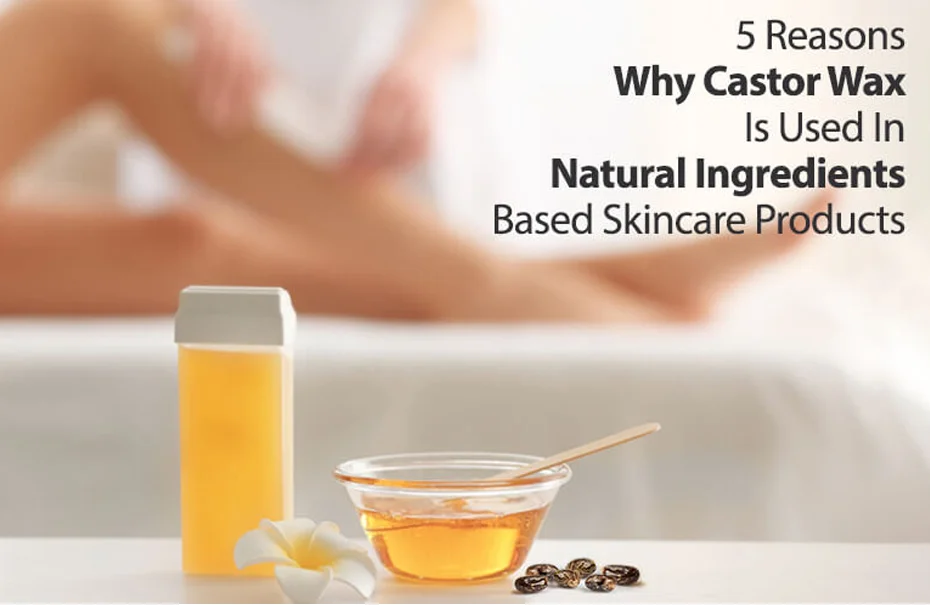How to make sure your skin products are safe?

The market for skincare products is brimming with thousands of products from different brands. Customers have a wide choice to make when it comes to beauty or skincare products. So, when a skincare product does not work for a customer, she or he has an option ready to switch. Most of the buying decisions of a customer are primarily based on the product which is seen or advertised more but at last, a customer will go for a product which suits their skin, which is easy to use and which doesn’t have short-term or long-term side-effects.
As a manufacturer of a skincare range, you always wish to provide safe skincare products to your consumers so they gain valuable benefits and keep coming back to you. The best way to do this is to ensure that products which you provide are safe enough for the skin with no side-effects. Safe products are made by taking intense care in choosing the contents of products. Safe contents create safe skincare products.
Here is a handy guide to being absolute about choosing the contents for making skin care products which are reliable. Read it and keep it close to stay away from the confusing information.
1. Standard percentage of essential oil
For making skincare products, the right amount of essential oil is very important. Essential oils are powerful and effective for beauty benefits. Using pure essential oil without adulteration is as necessary as breathing fresh air. Many recipe or formulation books show a high level of essential oil usage which is inappropriate and causes severe reactions. Essential oils are extremely concentrated substances and are generally used in lower dilutions of .25 to 2% in the total product for sensitive to oily skin.
2. Essential oil contraindications
Essential oils are therapeutic and are used for their healing properties. Proper care must be taken while choosing them. Impure, fake or oxidized essential oils damage your health. For instance –
- Some essential oils cannot be used for health conditions like headaches, migraines, pregnancy, or high blood pressure.
- Some essential oils cannot be used for children, elderly or sensitive skin.
- Some essential oils cannot be used during a medical treatment or when certain kind of medication is prescribed.
An informative research book or aromatherapy book can be used to recognize the essential oils that work effectively without reactions to treat a particular condition.
3. Choosing antioxidants
Antioxidants are used to limit the production of free radicals that damage skin. When used daily they can reduce sun spots, visible signs of ageing and skin inflammation. Antioxidants also help for the extension of the shelf life of products. For making skincare products antioxidants like vitamin c is used widely. Vitamin A or retinol can go deep in the skin and accelerate cell renewal while smoothing fine lines and fighting skin-ageing. Vitamin E treats the skin and heals it well. Flavonoids are also powerful antioxidants found in tea that treats oxidative stress, reduce inflammation and rosacea. It also helps reduce collagen degradation and delay skin ageing. You can find the best antioxidant to suit your skincare formulation that benefits your customers the most.
4. Keeping skincare product safe
Skincare products need preservatives to prevent microbial growth and spoiling of the product. Products which are oil-based or butter-based do not need preservatives. Antioxidants alone can be used for safe skin care products. Products which are water-based need preservatives. Preservatives in such products can kill microorganisms or any water-borne bacteria. Preservative ECO, a spectrum of components like Benzyl alcohol, salicylic acid, glycerin, and sorbic acid is a natural preservative. They’re found in plants. It is a paraben-free, formaldehyde-free and isothiazolone-free preservative system.
5. A natural emulsifier to mix products
It is very difficult to mix oil and water-based content together for skin care formulations. Castor oil is a natural emulsifier that mixes both oil and water in a skincare product. The essential fatty acids in castor oil help in restoring skin’s natural moisture balance. It enriches skin and boosts the production of collagen while making skin smooth and supple. Castor oil is a natural remedy to treat wrinkles and shields the skin.
Other than above a good manufacturing practice can make sure that the products you produce are safe for the skin. Like using sanitized equipment, keeping the manufacturing area clean, using labelled and original contents, measuring the right amount of contents being combined, using hygienic water and avoiding the direct touch of external matters. Various tests for safety-assessment can help in evaluating the effectiveness of safe skin care products.
Today’s customers are smart. They don’t make a mistake of buying or using any skincare product without giving it a thought. After all, skin care product will be applied directly on the skin and can hinder their appearance or cause harmful reactions. Customers these days read the information on the label or on the packaging when they buy a product and look for the contents that are not hazardous to the skin. It is unavoidable to concentrate on the raw materials used in making the products as the same goes on the label. That’s how we make sure to be on track.



